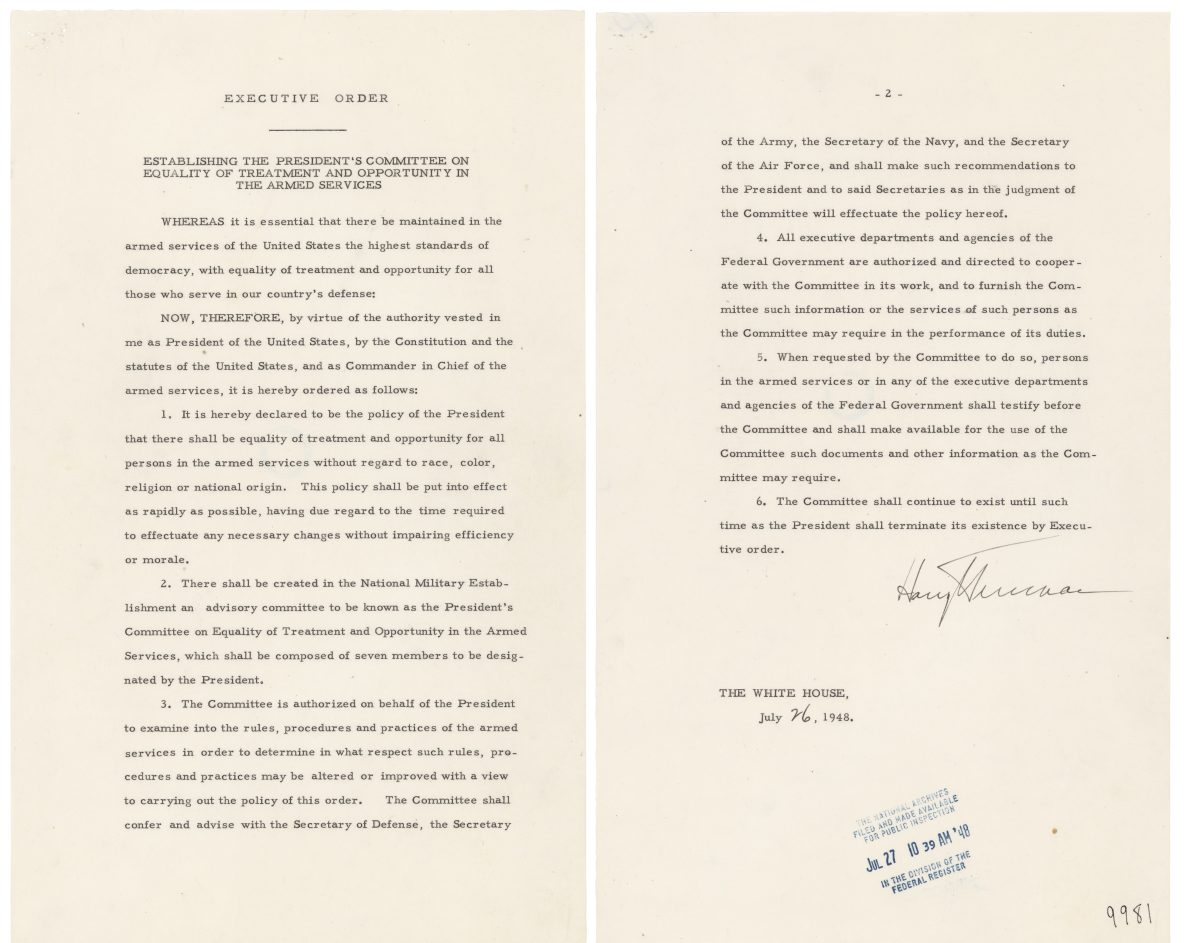The National Emergencies Act (NEA) was enacted in September 1976 to formalize the emergency powers of the US President, and as of March 2024, 82 national emergencies have been declared. There are currently 42 in force, dating back to the 1979 Iran hostage crisis during the Carter administration. Effectively, emergencies are categorized into various areas, including arms, law, maritime, military, sanctions, seizure, and trade.
Of the 42 national emergencies currently in effect, nine have been declared by President Joe Biden's administration. The remaining 33 have been declared by previous presidential administrations: eight by Donald Trump, nine by Barack Obama, 10 by George W. Bush, five by Bill Clinton and one by Jimmy Carter.
Presidential proclamations prior to the NEA included former President Woodrow Wilson's “U.S. Water Transportation Emergency Proclamation No. 1354,” which authorized the U.S. Shipping Board to regulate the sale and use of cargo ships.
Former President Franklin Roosevelt's “Presidential Proclamation of 2039 – Bank Holiday March 6-9, 1933” declared a bank holiday to limit withdrawals in response to bank failures. After the Emergency Banking Act of 1933 was passed on March 9, 1933, banks were allowed to reopen.
One of President Roosevelt's most criticized acts was Executive Order 9066, signed on February 19, 1942, which authorized the internment of Japanese Americans in “relocation centers” internment camps.

One of the most controversial examples of a presidential emergency declaration is Abraham Lincoln's Executive Order No. 1 on February 14, 1862. This order authorized the arrest of political prisoners and led to the Habeas Corpus Suspension Act, which Lincoln signed on March 3, 1863. This act allowed Lincoln to suspend the writ of habeas corpus during the Civil War.
Notable examples of current emergency declarations include Biden's sanctions freezing Russian government assets and banning Russian-linked ships from entering U.S. ports, as well as sanctions directing the Treasury Department to monitor or prohibit transactions that could help China develop technology that threatens U.S. national security.
Notable emergency actions enacted under the Trump Administration that remain in effect include Executive Order 13873, which restricts the sale of Huawei electronic devices in the United States, banning U.S. companies from using telecommunications equipment deemed to pose a national security threat.

